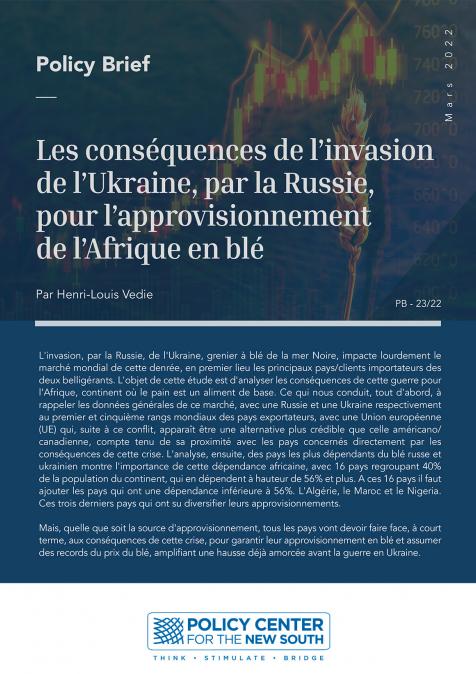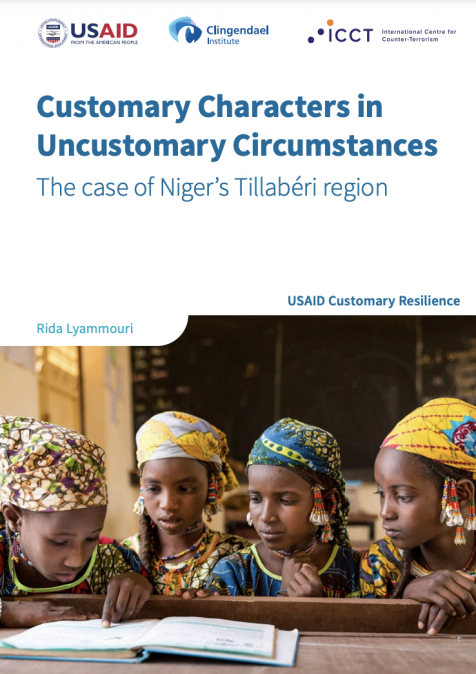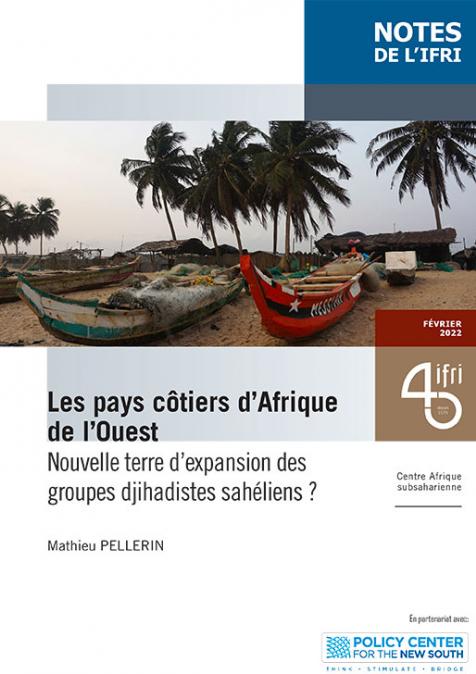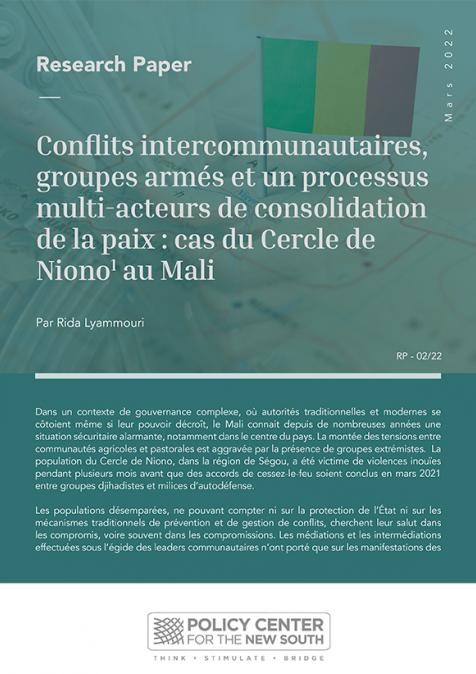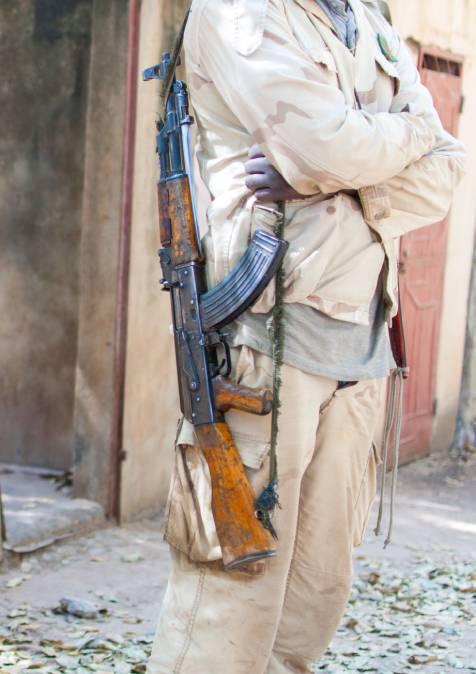حديث الثلاثاء : حلقة خاصة - كيف يمكن تحقيق استدامة تقوية الدول في سياقات ما بعد النزاع؟
في ضوء المؤتمر السنوي للسلم والأمن بإفريقيا حول إعادة الإعمار بعد الصراع في أفريقيا
عرفت السنوات الأخيرة اضطرابات جيوسياسية واقتصادية على المستوى العالمي. ومع تزايد زخم الأحداث، دخل العالم فترة تحول جيوسياسي واقتصادي تعلن نهاية دورة تاريخية وتُنبِّؤ بآفاق غير مؤكدة لدورة جديدة. وعليه، فإننا أمام تغير عالمي حقيقي ينطوي على نقاط ضغط متعددة وقوىً دافعة التي من المرجح أن تتأثر بها القارة الإفريقية بدرجات متفاوتة، حيث إنها اتبعت على مر العقدين الماضيين عملية تنويع في الشراكات الاقتصادية والسياسية والعسكرية على مستوى الدولة والمؤسسات، سواء على الصعيدين القاري أو الإقليمي خاصة في إطار إعادة الإعمار بعد الصراع. والحال أن الأوضاع الاقتصادية العالمية إلى جانب التحديات البنيوية لإفريقيا يفاقمان من التوجهات الأساسية ذات النتائج الجيوسياسية الحتمية. فكيف تتحدّد معالم مشهد ما بعد الصراع في كل دولة بالنظر إلى التحالفات والتنافسات التي تنطوي عليها النزاعات في أفريقيا علما أن هذه العلاقات المتداخلة قد تقدّم منظورًا متعدّد الأبعاد يمكن من خلاله فهم العلاقة القائمة بين إعادة الإعمار بعد الحرب وموازين القوى الإقليمية؟ إلى أي حد تقترن عملية الإعمار بعد الصراع بالعملية السياسية التي تتيح إعادة توزيع الخسائر والأرباح في إطار الاصلاحات؟ ثم كيف يمكن قراءة التحالفات والشركات الجديدة في القارة في ظل الواقع الإقليمي والدولي الراهن حيث لا يمكن إطلاق أي عملية سياسية أو تحقيق استدامتها من دون انخراط دول خارجية وجهات غير تابعة للدولة، بشكل مباشر من خلال الوساطة والتحكيم مثلًا، أو بشكل غير مباشر، من خلال حلفائها أو وكلائها المحليين؟





